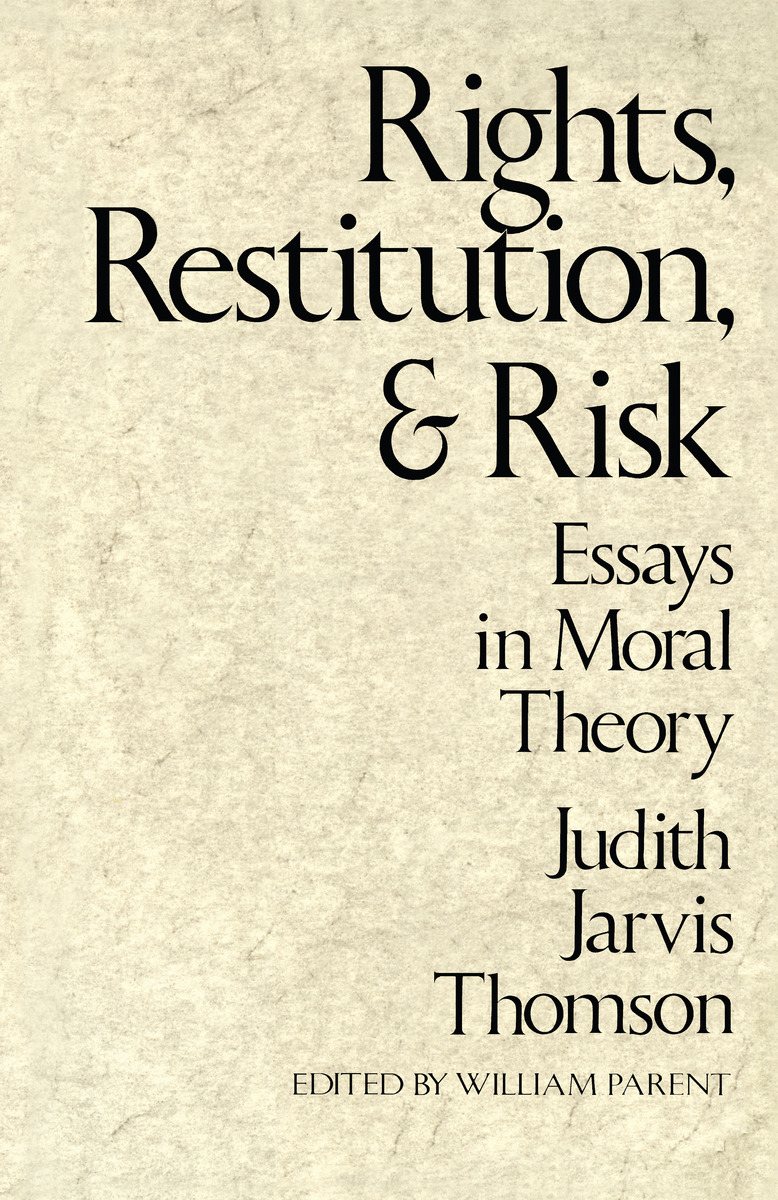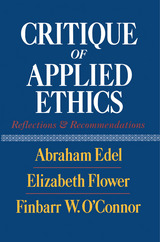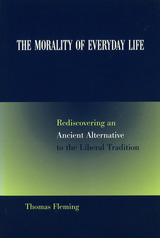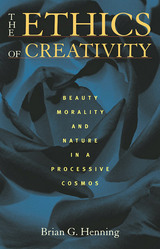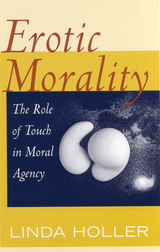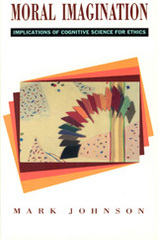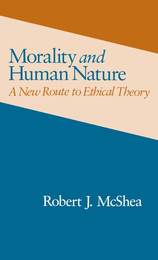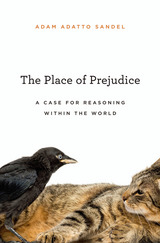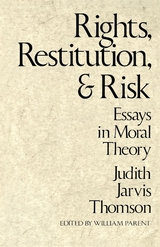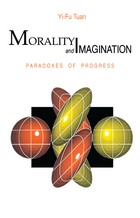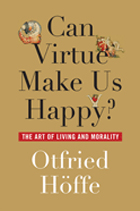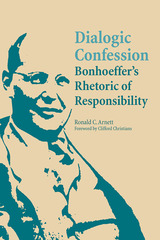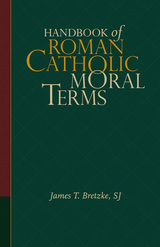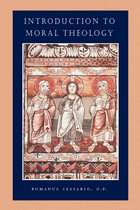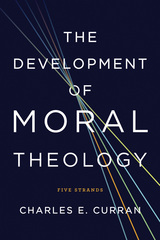Paper: 978-0-674-76981-6 | Cloth: 978-0-674-76980-9
Library of Congress Classification BJ1031.T49 1986
Dewey Decimal Classification 170
Moral theory should be simple: the moral theorist attends to ordinary human action to explain what makes some acts right and others wrong, and we need no microscope to observe a human act. Yet no moral theory that is simple captures all of the morally relevant facts.
In a set of vivid examples, stories, and cases Judith Thomson shows just how wide an array of moral considerations bears on all but the simplest of problems. She is a philosophical analyst of the highest caliber who can tease a multitude of implications out of the story of a mere bit of eavesdropping. She is also a master teller of tales which have a philosophical bite. Beyond these pleasures, however, she brings new depth of understanding to some of the most pressing moral issues of the moment, notably abortion. Thomson’s essays determinedly confront the most difficult questions: What is it to have a moral right to life, or any other right? What is the relation between the infringement of such rights and restitution? How is rights theory to deal with the imposition of risk?
See other books on: Moral Theory | Restitution | Rights | Risk | Thomson, Judith Jarvis
See other titles from Harvard University Press
